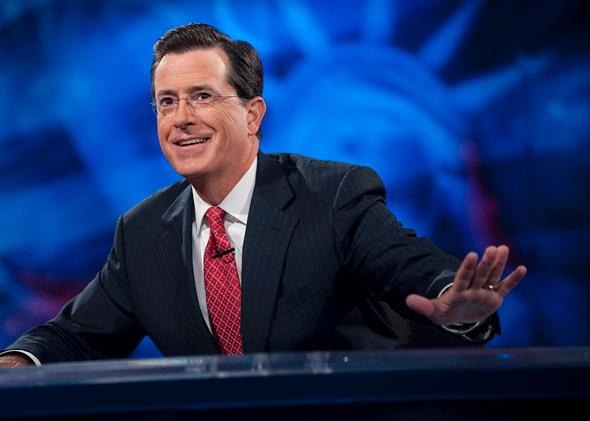In 1974, Studs Terkel published the best book you were assigned in college but didn’t read. It’s called Working: People Talk About What They Do All Day and How They Feel About What They Do, and it consists of interviews with 134 Americans about their work. Terkel spoke to a few famous people, but most of his subjects were manual laborers and service workers: Conrad Swibel, gas meter reader; Phil Stallings, spot welder; Louis Hayward, washroom attendant; Maggie Holmes, domestic. Terkel was reporting at the tail end of the greatest economic boom in American history. The U.S. economy had never been stronger, and income inequality had never been lower. Even so, most of Terkel’s workers felt powerless on the job, physically crippled, and mentally drained.
Terkel’s Working isn’t the only classic of American labor published around that time. Richard Scarry’s 1968 children’s book What Do People Do All Day? begins with “Everyone is a worker,” then goes on to depict life in Busytown. Farmer Alfalfa, a goat, sells his produce to Grocer Cat and uses his profits to buy a suit from Stitches, the rabbit tailor, and a new tractor from Blacksmith Fox. The animals of Busytown suffer none of the angst of Terkel’s workers: Labor is fun, active, and profitable.
This week, Slate launches a new podcast, Working, that hopes to honor the spirit of both Terkel and Scarry. This summer, I interviewed 17 Americans about their jobs. My mission was slightly different than Terkel’s (or Scarry’s). Terkel dug into how people feel about their jobs. But I wanted to know exactly how they do their jobs. What’s the first thing she does when she gets to work in the morning? What tools does she use? How does she talk to her boss? What are the peculiar customs or lingo in her profession?
I asked a rock musician how he performs his biggest hit for the thousandth time without sounding bored. I quizzed a waiter about whether he eats the food his customers leave on their plates (yes). I talked to a hospice nurse about what she does with a dead body while she’s waiting for the mortician (washes it). I asked Stephen Colbert about how he toggles back and forth between his character and himself.
I also surveyed a different array of workers than Terkel or Scarry. American work is more service- and information-oriented than it was 40 years ago, and my subjects skew that direction, too—more creative and knowledge professionals than blue-collar workers. (It’s not surprising that my interviewees like their jobs a lot more than Terkel’s did.)
In every case, I let them talk. All jobs have glamorous parts and dreary parts. I asked my subjects to tell me about everything. Who even knew there was a boring part of being a porn star? But there is, as Jessica Drake will tell you in a few weeks.
